Explaining and receiving opinions from National Assembly deputies on the draft revised Law on Credit Institutions on the afternoon of January 15, Chairman of the National Assembly Economic Committee Vu Hong Thanh said "this is a very difficult, complicated, and highly specialized law."
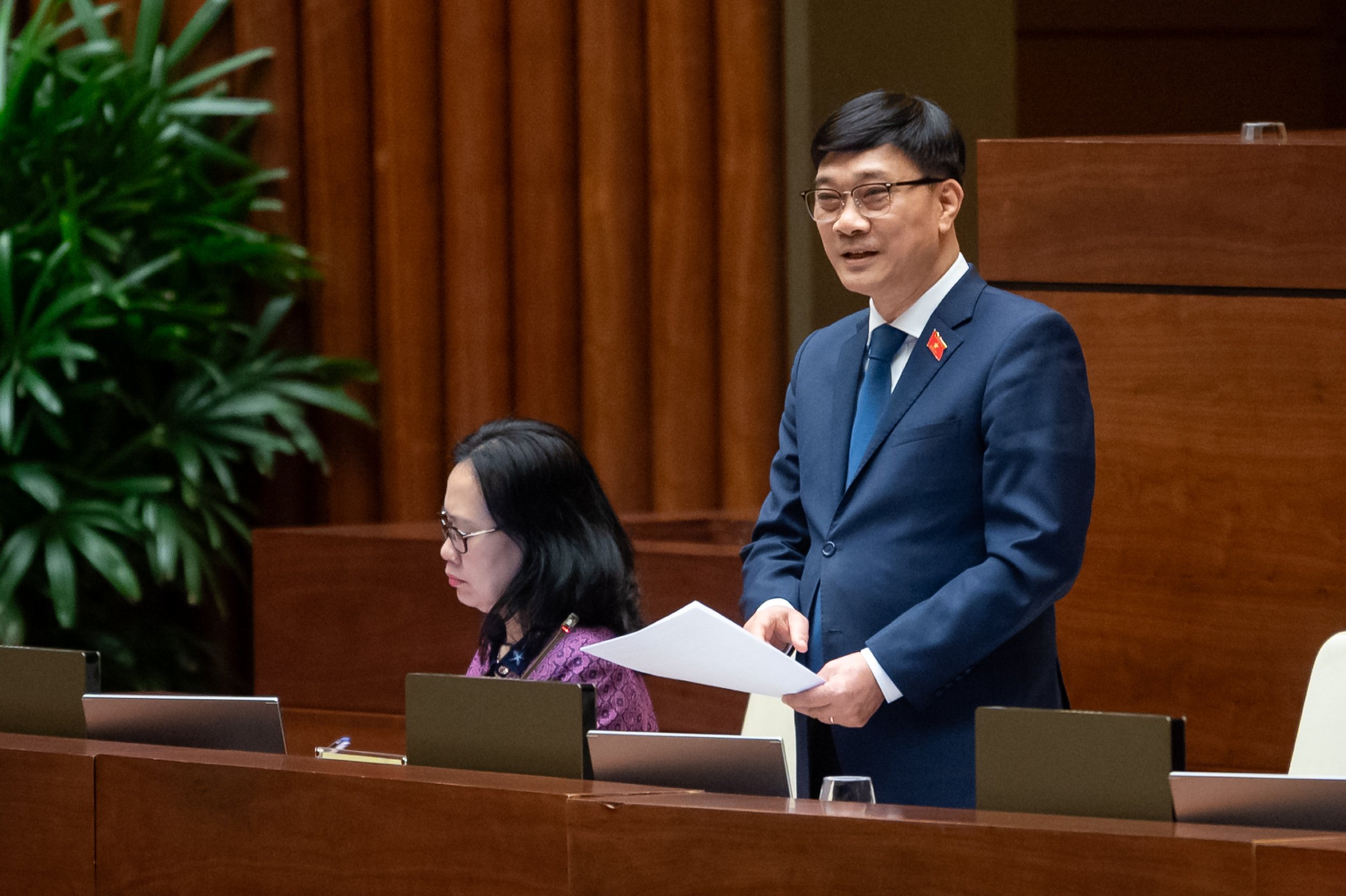
Chairman of the National Assembly Economic Committee Vu Hong Thanh speaks at the meeting
Therefore, the process of coordinating with the State Bank to receive and revise the draft law also takes a lot of time.
However, Mr. Thanh affirmed that major policies to complete the draft law to improve the governance and management capacity of credit institutions have been handled, avoiding the situation of credit institutions manipulating, dominating, and abusing power.
In addition, the requirements for information transparency have been greatly improved. In particular, the mechanism for inspection, examination and supervision of internal operations of credit institutions as well as the responsibilities of relevant agencies such as the Government Inspectorate or the Ministry of Finance have also been supplemented and improved.
"It is expected that right after this meeting, from tonight, the two agencies will begin research to receive and process the feedback, and by the morning of January 17, there must be a draft report on the reception and explanation of the National Assembly Standing Committee, and by January 18, it will be eligible to be submitted to the National Assembly for consideration and approval," Mr. Thanh said.
Regarding the concerns of many delegates regarding the handling of cross-ownership, manipulation and domination of credit institutions, according to the Chairman of the Economic Committee, "this is a very important issue, one measure is not enough, all measures must be unified and synchronized".
For example, can the regulation on expanding the scope of related parties handle all the cross-ownership, domination or manipulation of credit institutions? Mr. Thanh also cited the case of SCB bank, although now the individual ownership is only 5%, "but people ask this person, people borrow the name of that person to stand in their name".
Therefore, it is not enough to just stipulate in the law, but also in the organization, implementation and supervision as the delegate proposed. Currently, there are projects on information technology to be able to check and supervise these activities.
"I would like to ask the National Assembly delegates for permission to expand the scope of related persons to include paternal grandparents, maternal grandparents, aunts, uncles, and even grandchildren, that is, five generations. This is a necessary measure to control cross-ownership," the Chairman of the National Assembly's Economic Committee emphasized.
In addition, the draft law has also taken into account opinions and reduced the ownership ratio of institutional shareholders, shareholders and related persons. For institutional shareholders, the current regulation is 15%, the draft law stipulates a reduction to 10%. For institutional shareholders, the current regulation is 20%, it also stipulates a reduction to 15%.
Regarding the issue of early intervention, there have been acceptance and adjustments compared to the draft submitted to the National Assembly at the 6th session. In case the banks have overcome the incomplete criteria for early intervention, whether or not there will be a document to stop intervention, the National Assembly Standing Committee will coordinate with the State Bank to handle this issue, ensuring harmony between the relationships.
Businesses find it difficult to borrow capital "like a 5-year-old baby just getting breast milk"
Commenting on the draft law on the afternoon of January 15, delegate Nguyen Quang Huan (Binh Duong delegation) expressed concern that the draft law did not mention credit institutions or commercial banks supporting start-up businesses. Start-up businesses in the economy are like newborn babies in a family, "thirsty for capital like newborn babies need breast milk".
In developed countries, startups can easily access loans because banks only need to hire independent consultants to assess whether the project is feasible or not. If it is, they can lend money and use the project as collateral. Meanwhile, in Vietnam, businesses that want to borrow money must have collateral outside the project. Under normal conditions, standard businesses must accumulate assets after 3 to 5 years of accumulation.
"Thus, after 5 years of starting a business, businesses will have the conditions to access loans, just like babies only drink breast milk when they are 5 years old. There will be many stunted babies and the rate of 90% of small and micro Vietnamese businesses will not improve," said delegate Huan.
He also suggested that the drafting committee study and add more regulations to support start-up businesses so that Vietnam can become a start-up nation like some other countries in the world.
Source link






![[Photo] Dong Ho Paintings - Old Styles Tell Modern Stories](https://vstatic.vietnam.vn/vietnam/resource/IMAGE/2025/3/29/317613ad8519462488572377727dda93)
![[Photo] Prime Minister Pham Minh Chinh and Brazilian President Luiz Inácio Lula da Silva attend the Vietnam-Brazil Economic Forum](https://vstatic.vietnam.vn/vietnam/resource/IMAGE/2025/3/29/f3fd11b0421949878011a8f5da318635)
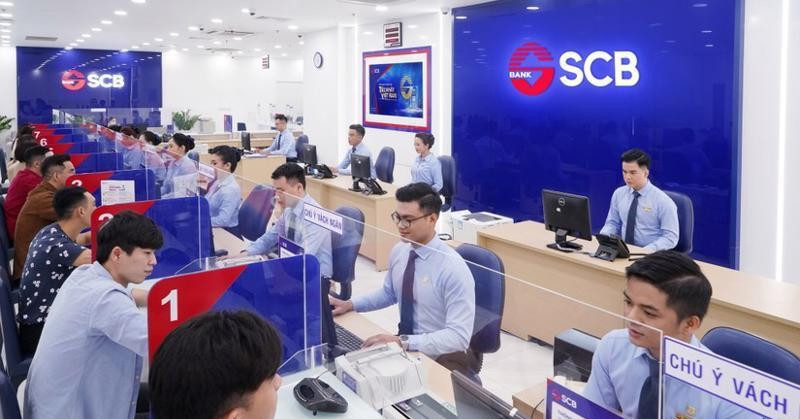



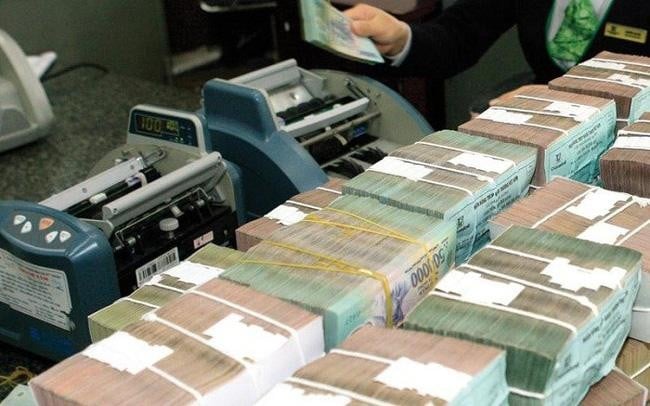

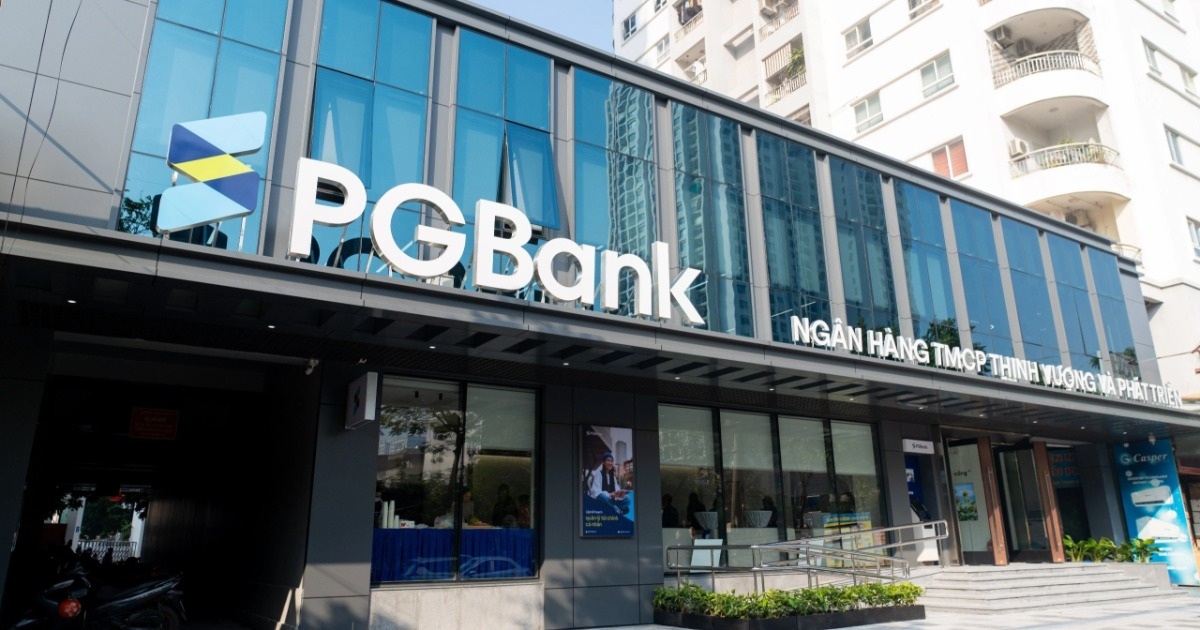



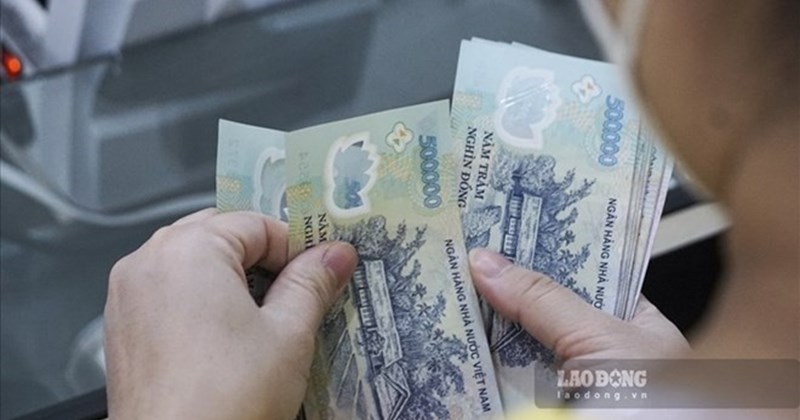


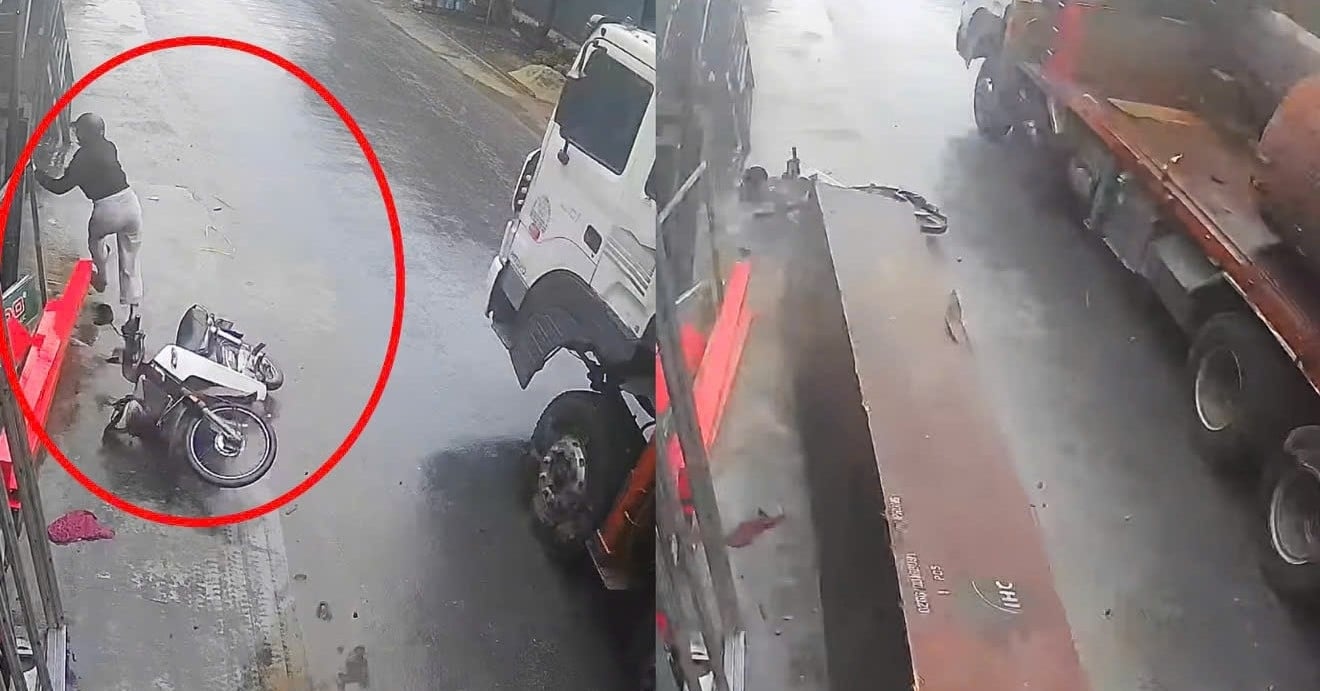
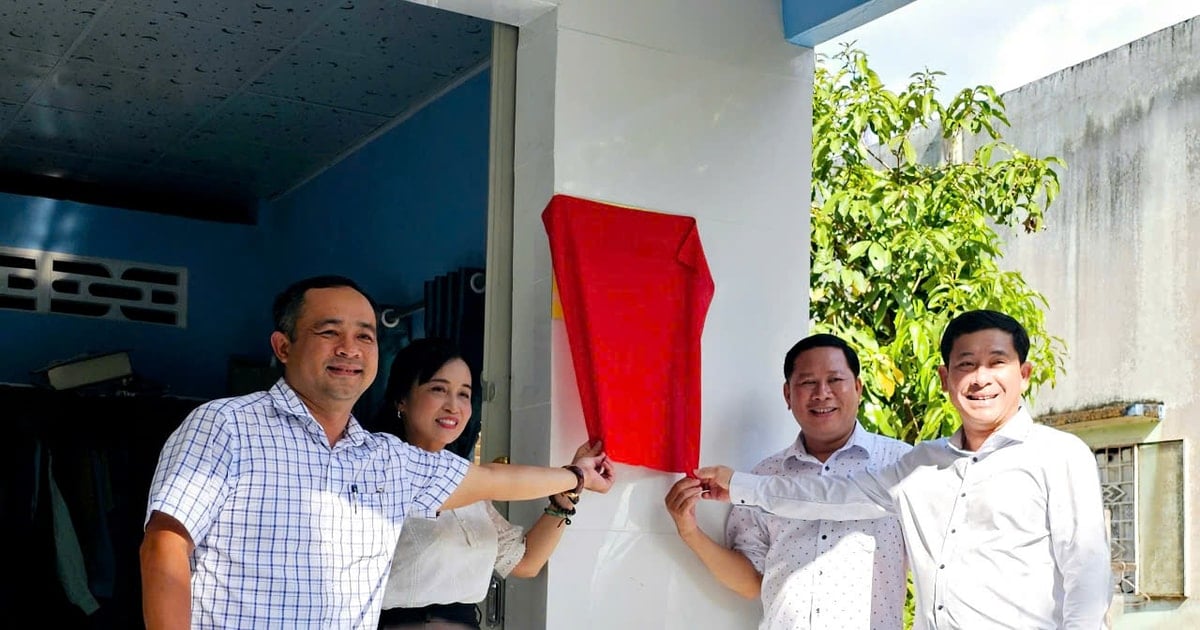







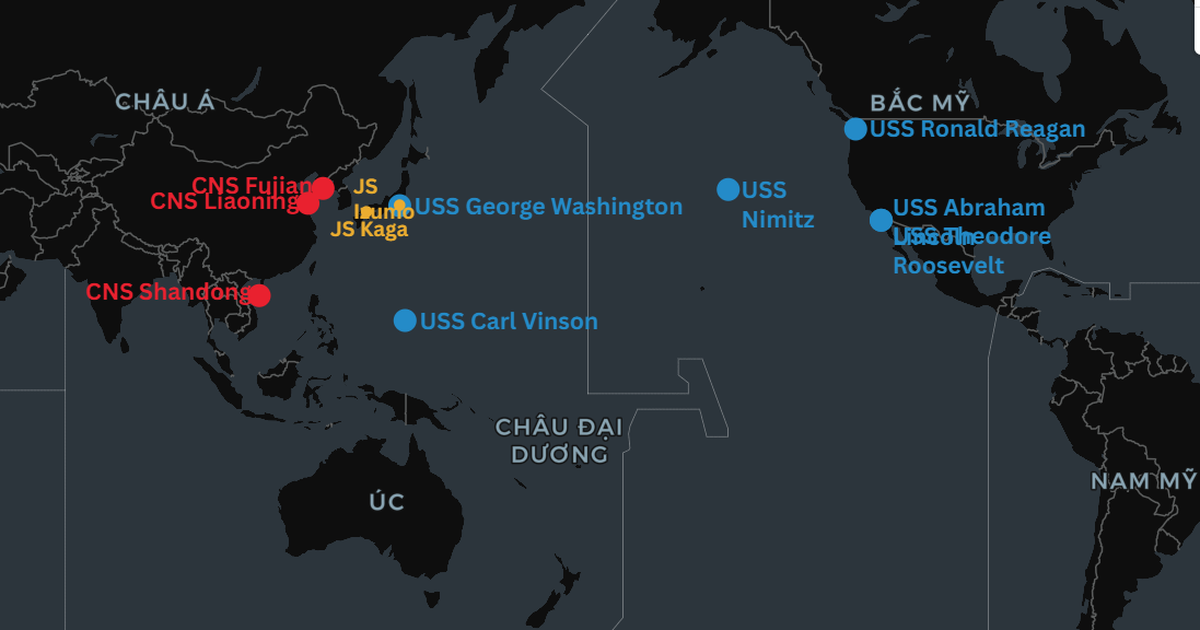


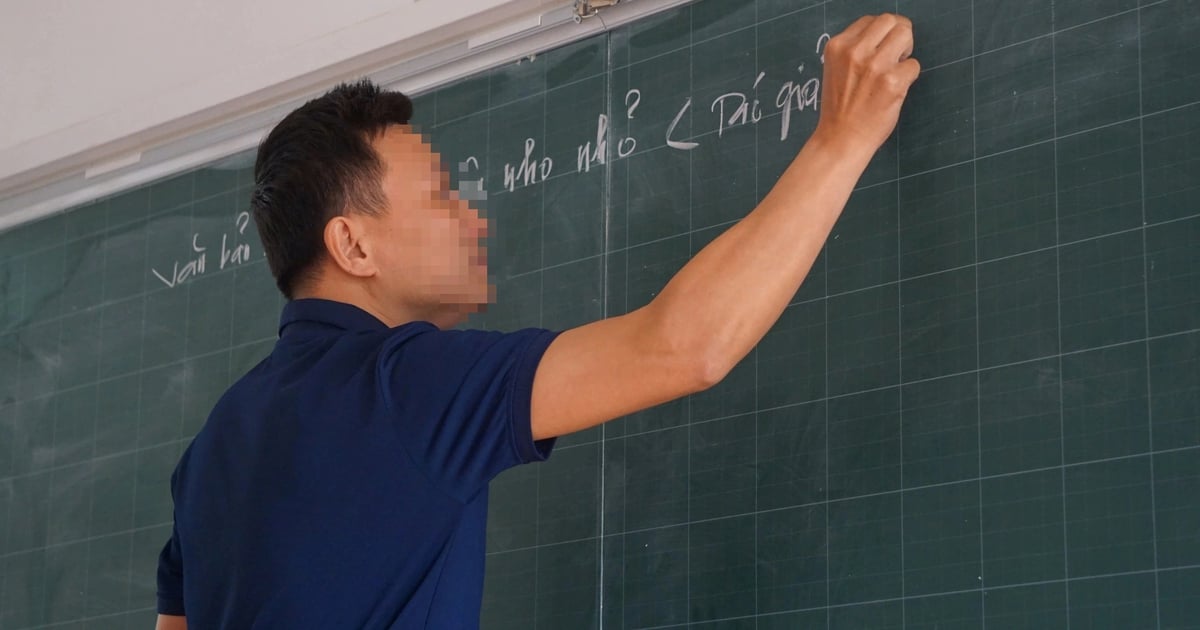

















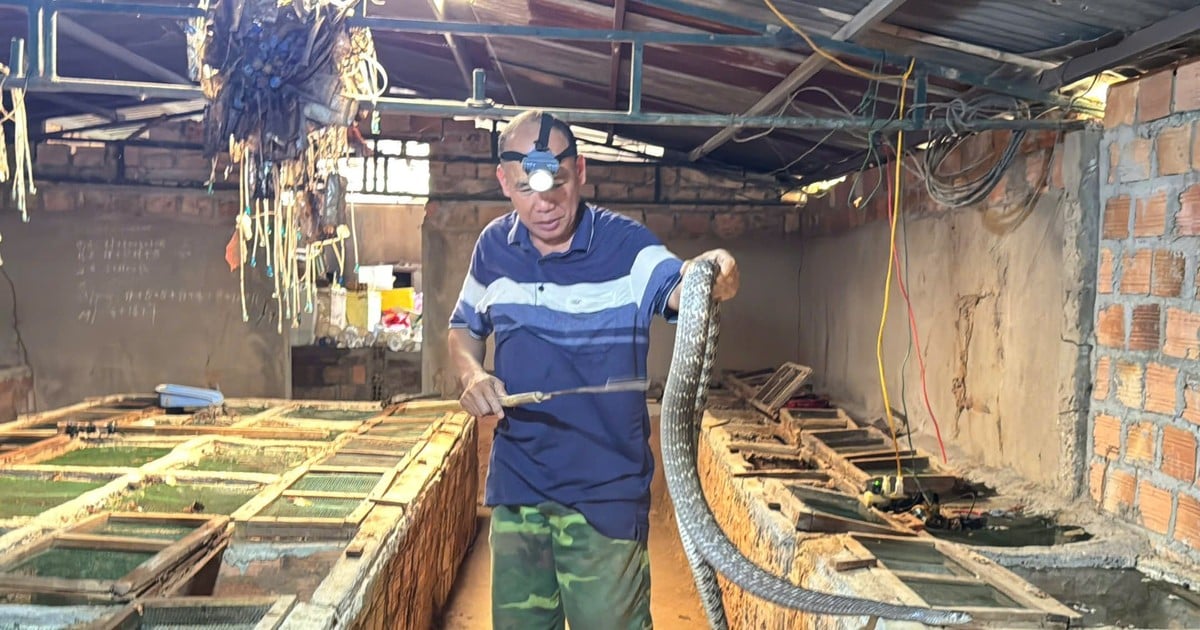
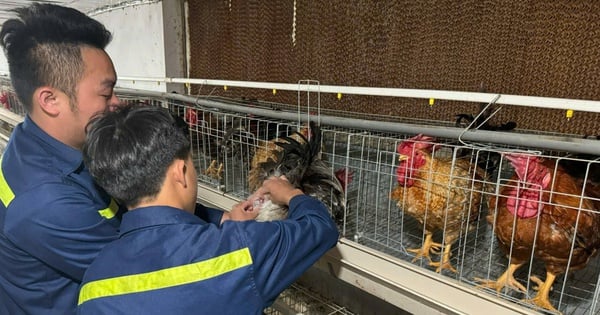















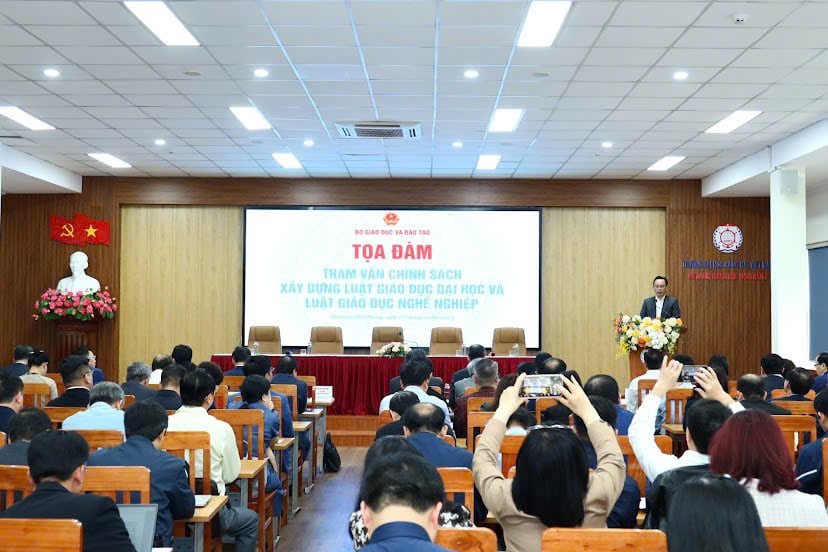

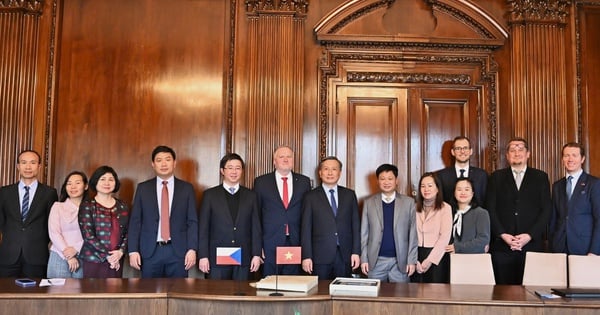

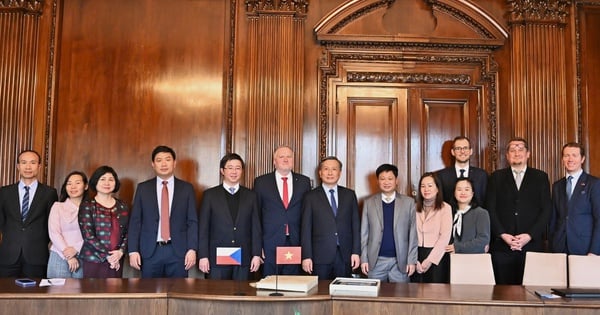
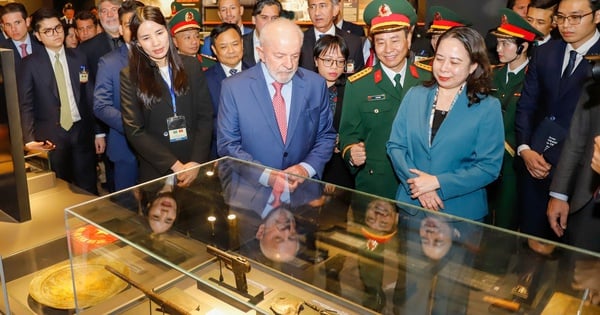



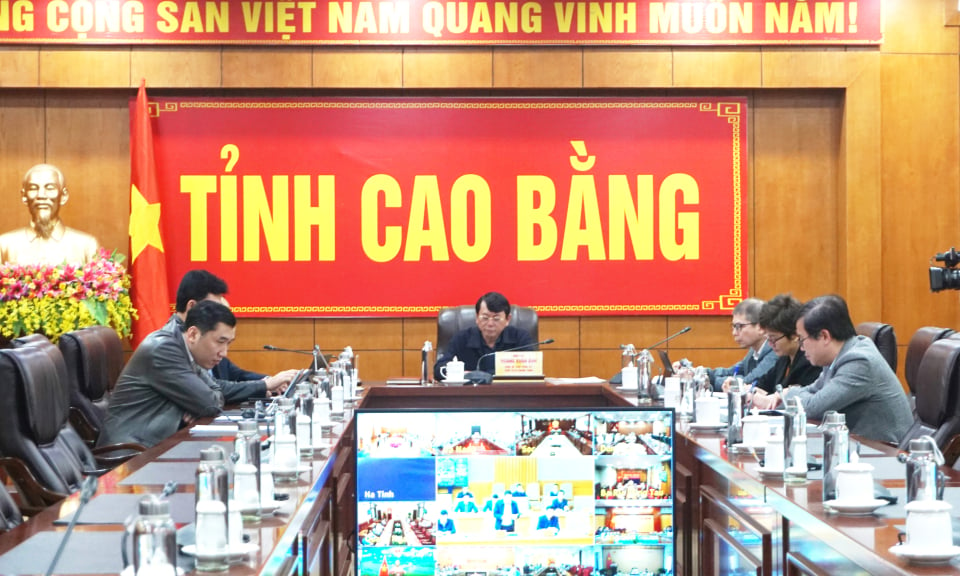
















Comment (0)